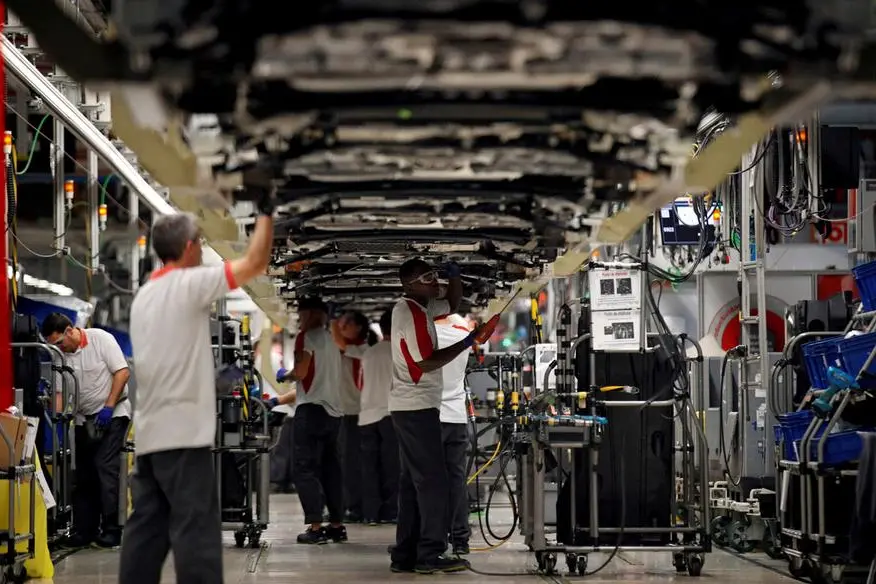PHOTO
Factory activity in Spain shrank again in November for the fifth straight month amid high inflation and businesses' deteriorating confidence about the future.
S&P Global's Purchasing Managers' Index (PMI) for manufacturing inched up at 45.7 in November from 44.7 in October - its lowest level since May 2020 when COVID-19 restrictions led to an unprecendent economic contraction - and still well below the 50.0 mark that separates growth from contraction.
"Against the backdrop of elevated inflation, rising interest rates and geo-political uncertainties, the Spanish manufacturing economy continued to suffer in the face of sharply falling levels of output and new orders during November," said S&P Global's economist Paul Smith.
Business sentiment remained at a historical low, S&P Global said, as business managers polled mentioned high economic uncertainty, market instability and lack of new orders.
However, Smith added softer cost inflation provided hopes a recession in the sector could be shallower and shorter than previously expected.
Still, the sector shed jobs for a fifth month in a row, which could spell bad news for the government, which is hoping Spain can avoid the recession menacing many European countries thanks to the resilience of its jobs market.
Spain's consumer prices in the year to October rose 6.8% - the slowest pace since January. Economic growth slowed sharply to 0.2% in the third quarter from the previous three-month period when gross domestic product expanded 1.5%. (Reporting by Inti Landauro; Editing by Toby Chopra)





















